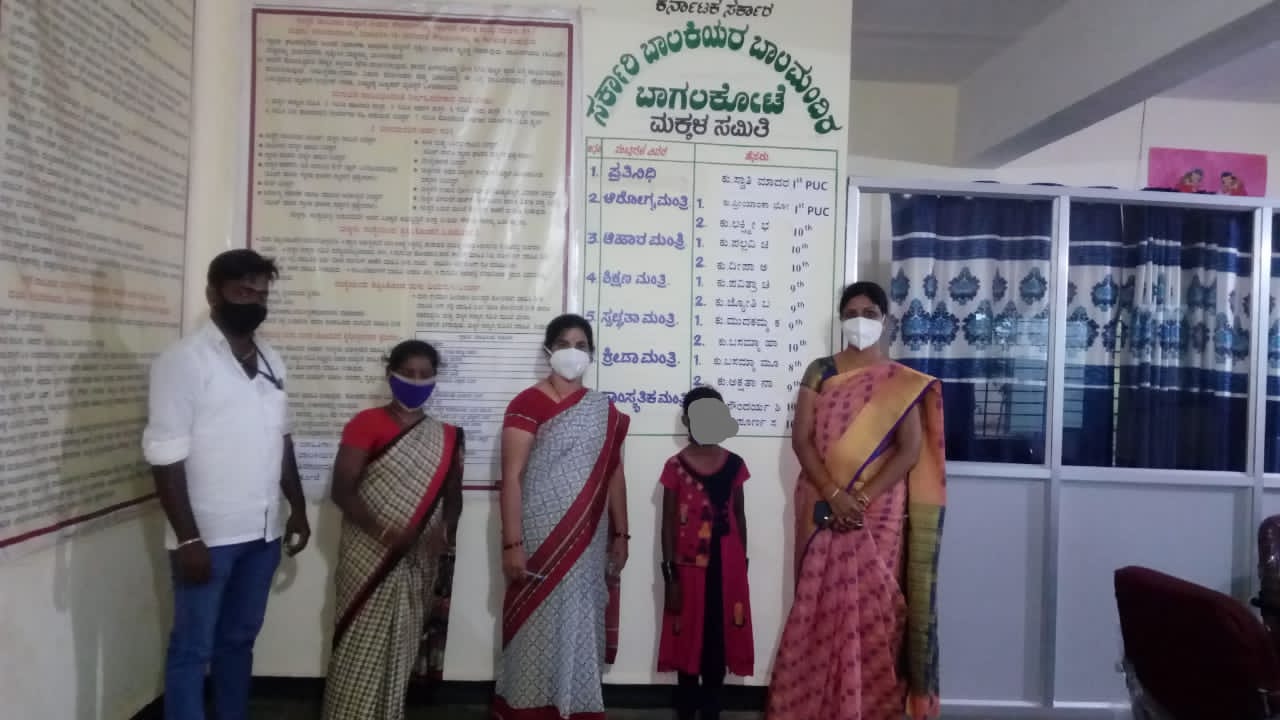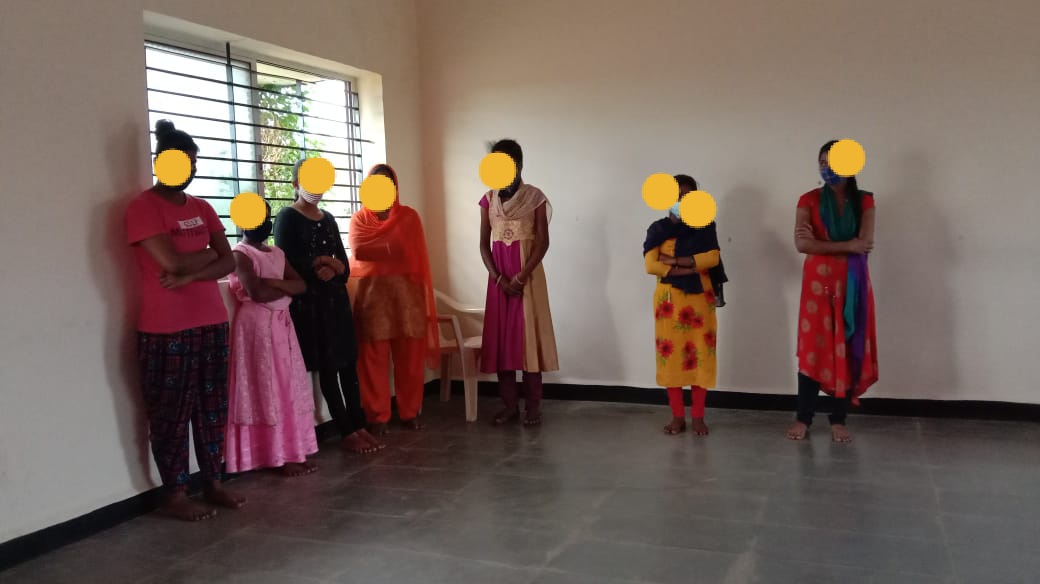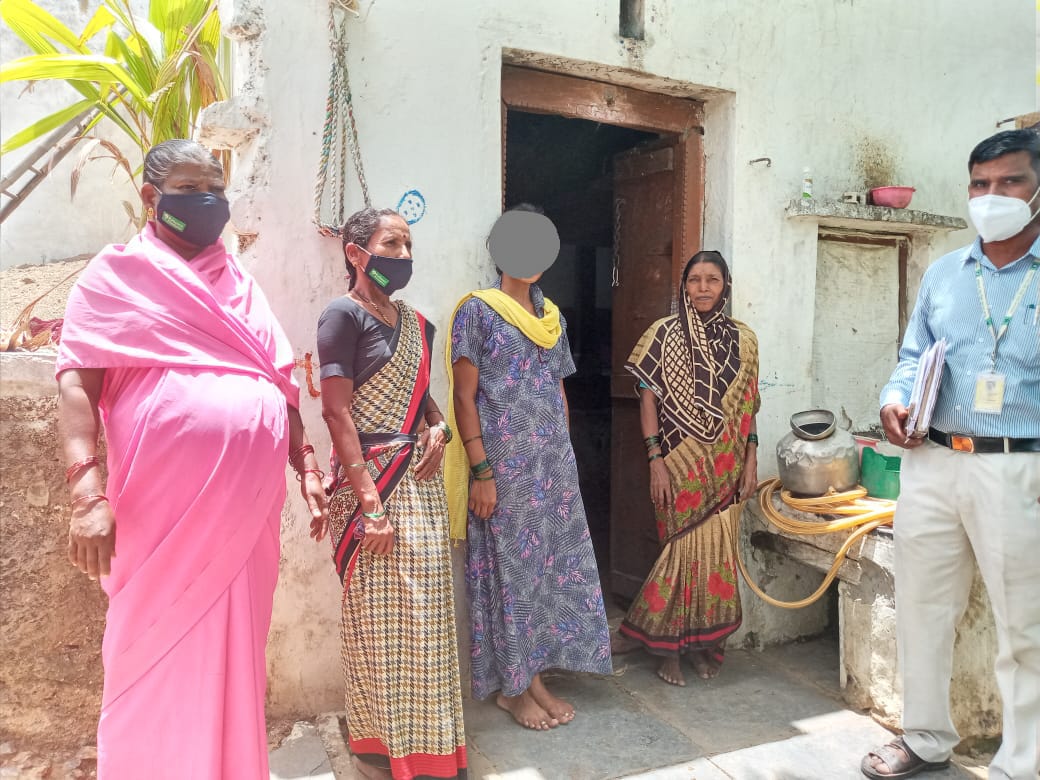Barely a week into his posting as the Zilla Parishad CEO, T Bhoobalan realised the severity of child marriages in Karnataka’s Bagalkot district. At the time, around July 2020, the administration was focused on handling the first wave of coronavirus and implementing lockdown restrictions.
As time went by, Bhoobalan was alarmed at the frequency of calls reporting child marriage. The 2015-batch IAS officer soon realised it was one of the major effects of the lockdown and subsequent loss of livelihoods. As families struggled to afford a four-square meal, girls below 18 were married off as a cost-cutting measure.
This was not an isolated challenge. In fact, between April and July 2020 alone, Karnataka reported 107 cases of child marriage.
Bhoobalan quickly became versed with the regional issues and found that child marriage is linked to other problems such as malnutrition, school dropouts, anaemia and maternal mortality. To solve these, he came up with a multi-pronged plan in July last year.
Exactly a year later, he and his team, comprising the gram panchayat, Anganwadi workers, police officers, revenue officers and school teachers, have managed to prevent 176 child marriages in the knick of time. They have filed FIRs in ten cases against parents for going through with the evil practice.
The Better India speaks to Bhoobalan about how he and his team managed to not only keep child marriages in check, but also rehabilitate underage girls and secure their future.
Anonymous reporting to online portal

Bhoobalan first focussed on implementing immediate solutions.
He formed a committee of various government officials and school teachers to spread awareness and educate the people about The Prohibition of Child Marriage Act, 2006. While taking meetings, the team also assured those calling in to report these marriages that their names will remain anonymous. Several brides don’t report as they fear their parents will not forgive them.
The complainants were asked to either call the 1098 helpline or contact their designated local official directly. Alongside releasing the numbers of the department, the IAS officer also gave out his own number.
The team was directed to work in unison to ensure swift rescue operations instead of waiting for the police to take action.
“While talking to the locals, we realised that the lockdown has also affected them psychologically. Elders in the family believe they will die from coronavirus and won’t get to see the wedding. So, many underage children are obligated to fulfil their family’s last wishes. Our team mitigated the panic. Another issue was the youth having to migrate back to the villages due to lack of work. They were being forced to marry. So we gave them jobs through MGNREGA,’ says Bhoobalan.

A gram sabha committee consisting of only children was also formed to discuss the evils of child marriage, and what the kids can do if either they or their friends are a victim. They were also asked to spread the message at home.
“A complaint or tip-off from the locals is a crucial step to prevent child marriage. In 2019, we had only 50 complaints but during the pandemic, it increased fourfold. This is a positive impact we recorded but we had a long road ahead,” says Bhoobalan.
Once a child is rescued, he or she is presented in front of the Child Welfare Committee for counselling. Depending on the child’s mental health and financial situation, they are sent back home or kept under the custody of a child welfare home.
“There have been cases where the girl told us she would be sexually abused or physically harassed on returning home. One girl’s father was an alcoholic so we couldn’t send her back. However, the priority is to send them back home, as the child’s education and life shouldn’t be disrupted. It can have far-reaching mental effects. Fortunately, we had to keep only 5-6 girls in the shelter,” he adds.
To help the girl through rehabilitation, the administration trains them in skill development programmes including embroidery, tailoring, poultry and dairy farming. They also teach computer science and once the girl turns 18, she is employed as a data operator in the administration office.
Seetha (name changed) was one such girl. She was rescued at 16 and a case was filed against the groom, who was 29. She is currently pursuing her PU (pre-university course) education financed by the department.
Meanwhile, Bhoobalan says the administration takes down all the details of the girls who are sent home. “The team makes weekly visits to the house to check if the girl is married again or being harassed in any way. They will take a picture on every visit and upload it on the portal. This way, I can keep track of my team and the work,” he says.

“Our online portal ‘Surakshini’ keeps track of the child’s status and every department official involved has to log in regularly. This has helped us keep the cases in check. This online portal was appreciated by the Karnataka government and will soon be replicated across the state,” says Bhoobalan, who holds a degree in computer science.
Preventing child marriages was not easy, given that the administration was already dealing with coronavirus. To make matters worse, there was no mechanism to know the status of underage girls as the schools remained shut. In some cases, the administration was even misled by being given the wrong venue address, incorrect age, and so on. However, Bhoobalan and his team managed to prevent the majority of the cases and secured several children’s futures.
Edited by Divya Sethu
No comments:
Post a Comment